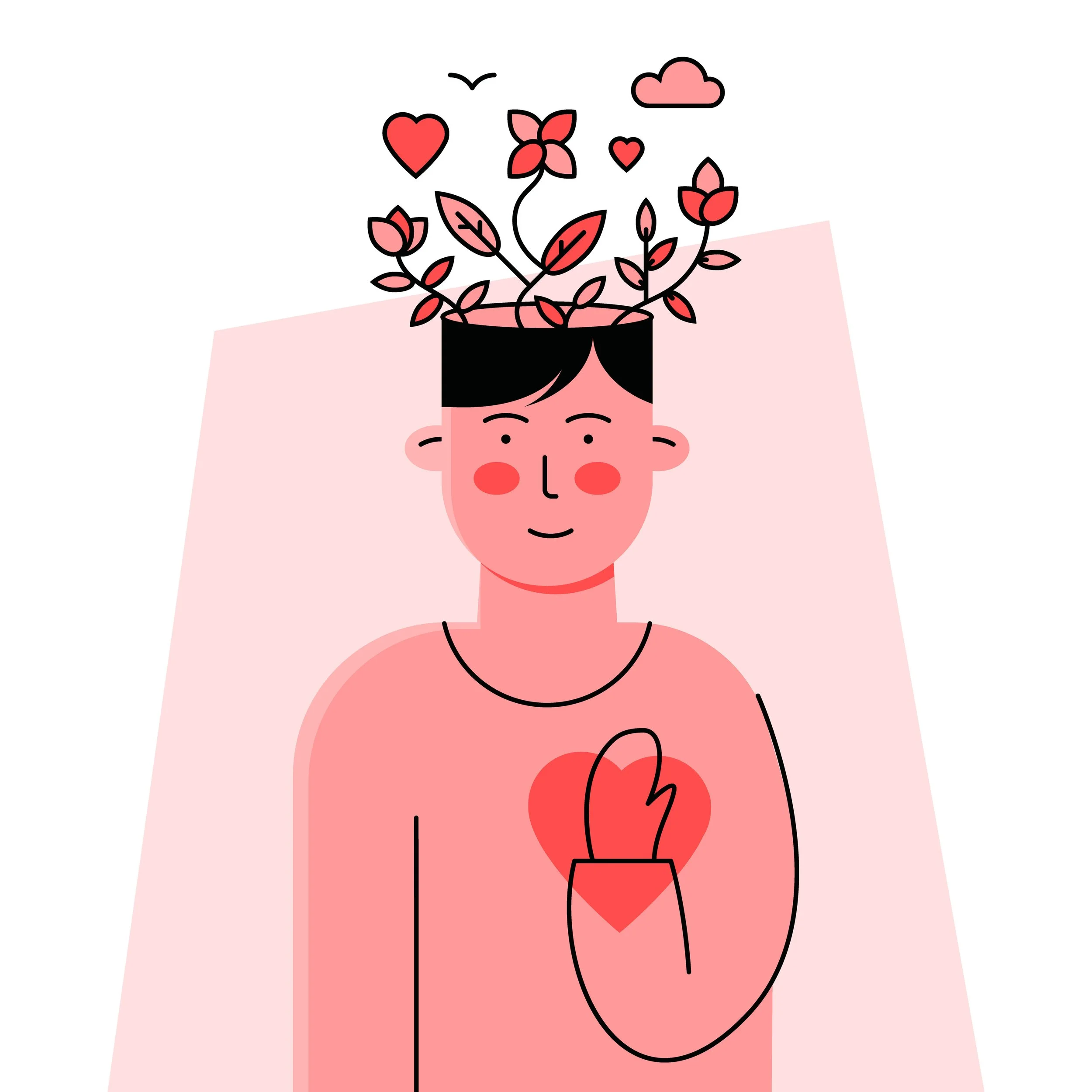Mindful Living
Mindfulness articles, videos and research from thought leaders in Mindful Leadership, Emotional Intelligence, Neuroscience, Compassion, and Meditation.
Compelling evidence to spark inner transformation.
Five Benefits of Developing a Non-Judgmental Mind
Non-judgment supports mental well-being by reducing stress, improving emotional regulation, reducing symptoms of depression, enhancing self-compassion and acceptance, improving overall well-being, and enhancing interpersonal relationships. These benefits are backed by a substantial body of psychological research, highlighting the importance of adopting a non-judgmental approach for better mental health.
Five Ways Curiosity Can Support Your Mental Wellbeing
Curiosity significantly contributes to mental well-being by enhancing positive emotions, reducing anxiety, promoting adaptive coping mechanisms, fostering personal growth, improving social relationships, and encouraging cognitive flexibility and creativity.
These and other benefits are supported by a substantial body of psychological research, emphasising the importance of nurturing curiosity throughout our life for mental wellbeing.
Why humour is a superpower we should all learn to harness
We could all do with a laugh right now. So new book Humour, Seriously: Why Humour Is A Superpower At Work And In Life, published this month, comes as welcome light relief. And it is seriously funny – even though, as it points out, unpicking the anatomy of humour is often likened to dissecting a frog: “Few people care and the frog dies”.
4 Neuroscience-backed reasons to start journaling
In the digital age, there’s a lot to be said for the benefits of putting pen to paper. But more than just the preservation of penmanship, effective journaling can prove to be a life-changing pursuit, affecting everything from how you cope with stresses to your physical health.
Find your inner calm with the best books to read on meditation and mindfulness
According to the National Center for Complementary and Integrative Health, 18 million US adults meditated regularly, with estimates placing total worldwide meditation numbers at around 300 million. It’s a number you feel will only grow as people search to combat feelings of stress and anxiety brought on by turbulent times.
How email wrecked our brains (and how to rewire them), with Professor Cal Newport
When tech company IBM introduced internal email in the Eighties, it first quantified the amount of intra-organisation analogue communication: voicemails, memos, handwritten notes left in the recipient’s cubicle. Within days, the shiny, new, amply provisioned and extremely expensive email server crashed under five to six times the projected volume of traffic. Employees were not only sending way more messages than before but also copying in multiple recipients, where they’d previously corresponded person-to-person.
Meditation myths: 7 things to clear up before you start
Jillian Lavender has been teaching Vedic Meditation since 2003. As co-founder of the London Meditation Centre and New York Meditation Center, she has helped thousands of people across the globe to transform their lives. This piece is an edited excerpt from Jillian’s new book Why Meditate? Because It Works which was released in July 2021.
Why the voice inside your head matters (and how to control it)
What were you thinking about just a moment ago? Or this morning, as you made a cup of coffee and anticipated the day ahead? Perhaps you were reminding yourself to send an important email. It’s possible that your mind was already engaged in an upcoming work task. Or maybe you were thinking, rather hopelessly, that the day ahead is destined to overwhelm you before it’s even happened?
Self-management when navigating challenges
The Harvard Business Review called Emotional Intelligence “a revolutionary, paradigm-shattering idea” as it shares robust science and in depth studies showing that IQ is no longer a definer of our destiny, but emotional intelligence plays a much more significant role in an individual’s success and overall well being.
Seven principles to help you strengthen your resilience and keep going
When it comes to lessons in resilience – how to navigate and endure unbearable circumstances and reach the other side triumphant overall odds – very few stories are as touching as that of the Antarctic explorer, Sir Ernest Henry Shackleton (his story also makes for a good read or watch for anyone stuck for things to do during isolation).
How to incorporate mindfulness into working from home?
The average worker is willing to give up 20 per cent of their pay to avoid schedules set by their employer on short notice, and 8 per cent of their wages to work from home, according to a study published by Stanford Economics. What this tells us more than anything is that people value having control over their own time.
Can mindfulness help us become human-centred leaders?
Only 15% of the worldwide workforce feels engaged in their job, according to data from Gallup. Lower personal productivity becomes an obvious consequence and this can severely impact company success. Organisations such as Google, Netflix, and the UN are trying to tackle this by investing in management training programs to teach their next generation of leaders the soft skills that will strengthen company culture in the future.
Four steps to making mindfulness work in business | HuffPost
The author of this article is Jenny Dearborn, Chief Learning Officer and Senior Vice President at SAP, author, artist, entrepreneur, athlete and mother of four. SAP is a Tech German company pioneering Mindfulness Leadership programs to improve employees wellbeing and critical thinking.
Why we all need a compassionate break
Kristin Neff, Ph.D. is widely recognised as one of the world’s leading experts on self-compassion, being the first one to operationally define and measure the construct over a decade ago. Self-compassion involves acting the same way towards yourself when you are having a difficult time, fail, or notice something you don’t like about yourself.
Learn the meaning of a meaningful life
Martin Seligman founded the field of positive psychology in 2000, and has devoted his career since then to furthering the study of positive emotion, positive character traits, and positive institutions. It's a fascinating field of study that had few empirical, scientific measures -- traditional clinical psychology focusing more on the repair of unhappy states than the propagation and nurturing of happy ones. In his pioneering work, Seligman directs the Positive Psychology Center at the University of Pennsylvania, developing clinical tools and training the next generation of positive psychologists.

“If you want to go fast, go alone. If you want to go far, go together.”
— African Proverb















